Lars Bender: The Bavarian at Bayer
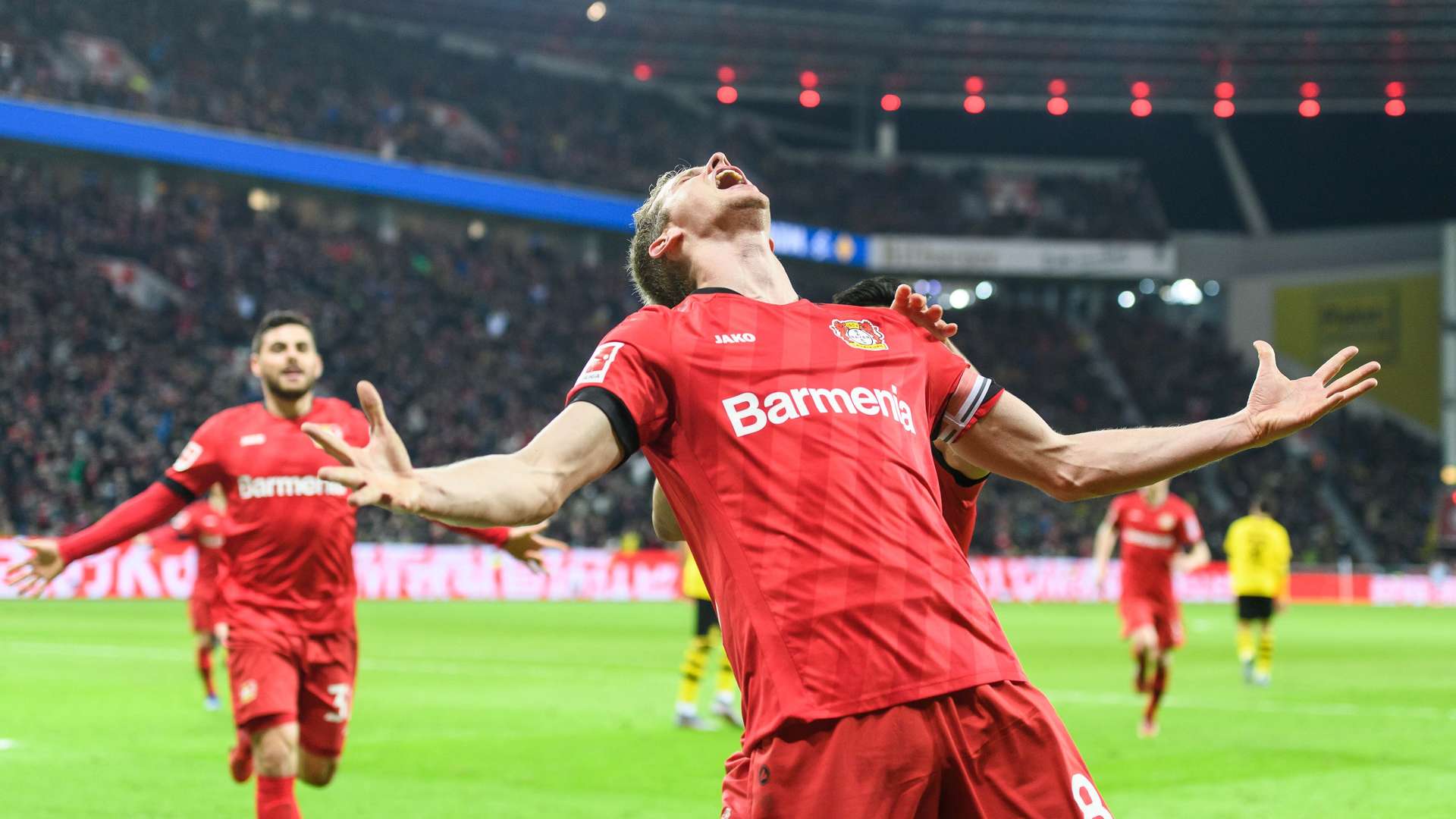
Lars Bender played for Bayer 04 for twelve years, and was captain of the Werkself for five seasons. He made 341 appearances for Leverkusen and his character is impeccable. Lars joined the illustrious ranks of the honorary captains at the end of the 2020/21 season. He is the seventh player to receive that accolade following on from Ulf Kirsten, Carsten Ramelow, Bernd Schneider, Simon Rolfes, Rüdiger Vollborn and Stefan Kießling.
March 2016, early afternoon: One of so many appointments Lars Bender has completed on behalf of his club over the past ten years. A meeting with the Leverkusen mayor Uwe Richrath at the town hall for his double interview in the Werks11 Magazine. Lars arrives at the foyer on the fifth floor of the ‘UFO’ in Wiesdorf ten minutes before the agreed meeting time. Over-punctual as nearly always. Relaxed and ready for whatever comes.
In the mayor’s office, a lively discussion quickly ensues between the town hall boss and the Bayer 04 captain on identification, Leverkusen, home, leadership style and much more. The pair talk for two hours and it ends with Richrath showing his guest the council hall. Lars Bender does not look at his watch once during the meeting. He is approachable, interested, asks questions.
A couple of years earlier, he; the big film fan – also for the club magazine – was only a few metres away at an exclusive guided tour through the Kinopolis, looking in on the film ‘Invictus’ with Morgan Freeman and Matt Damon in the lead roles and he finally talked enthusiastically about his passion for film. And it was evident every minute that he did see these appointments as tedious PR exercises.
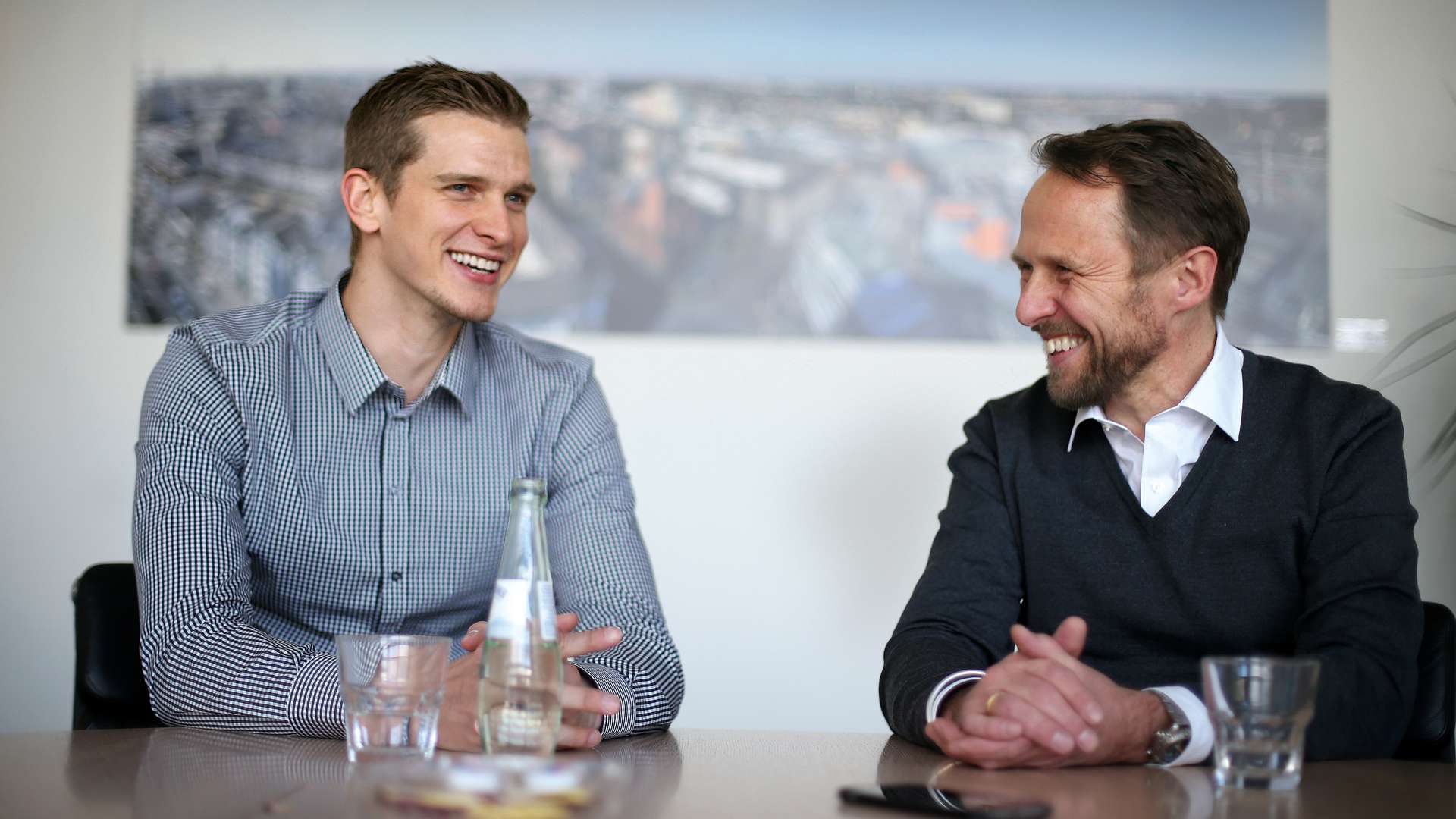

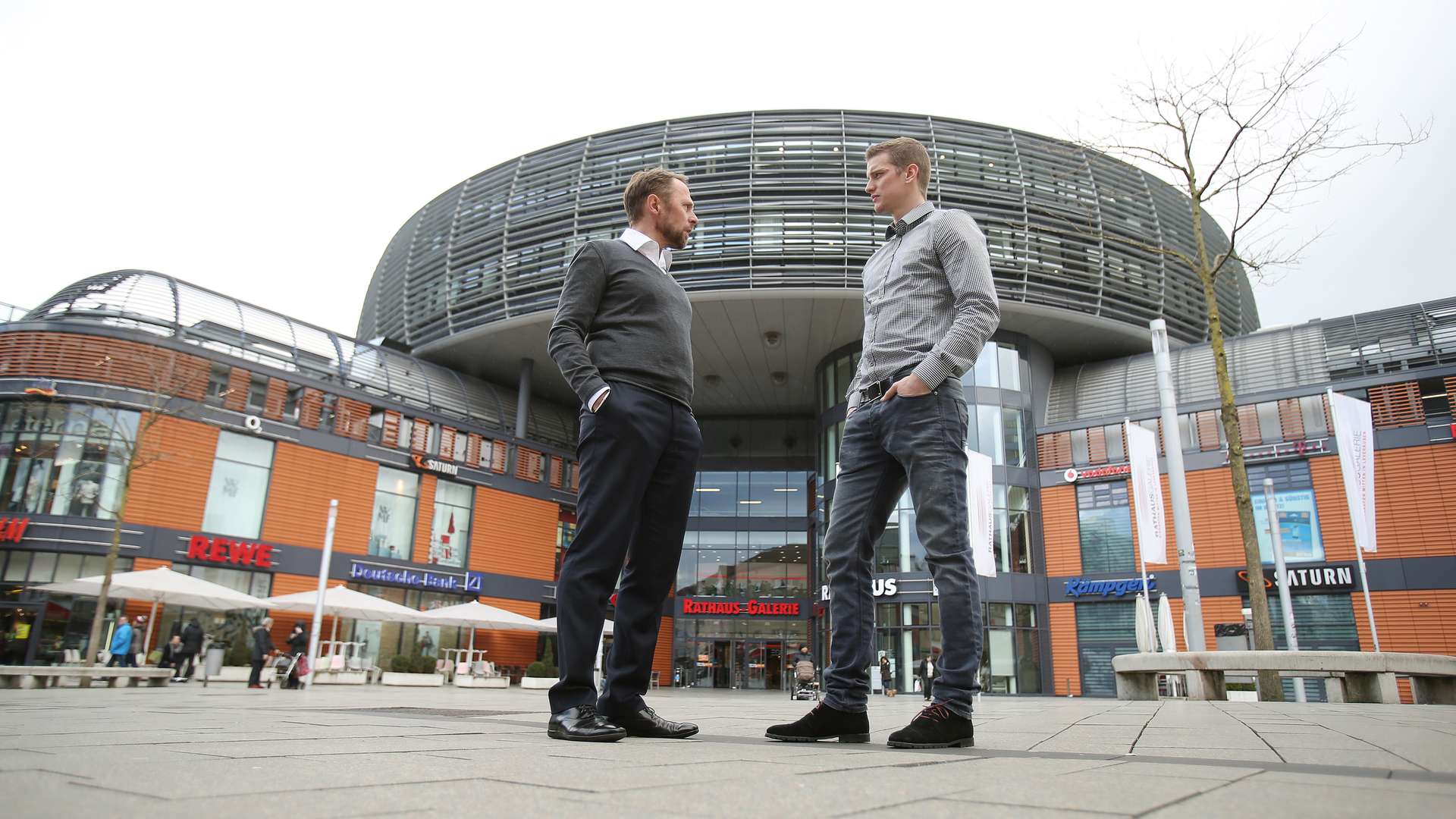
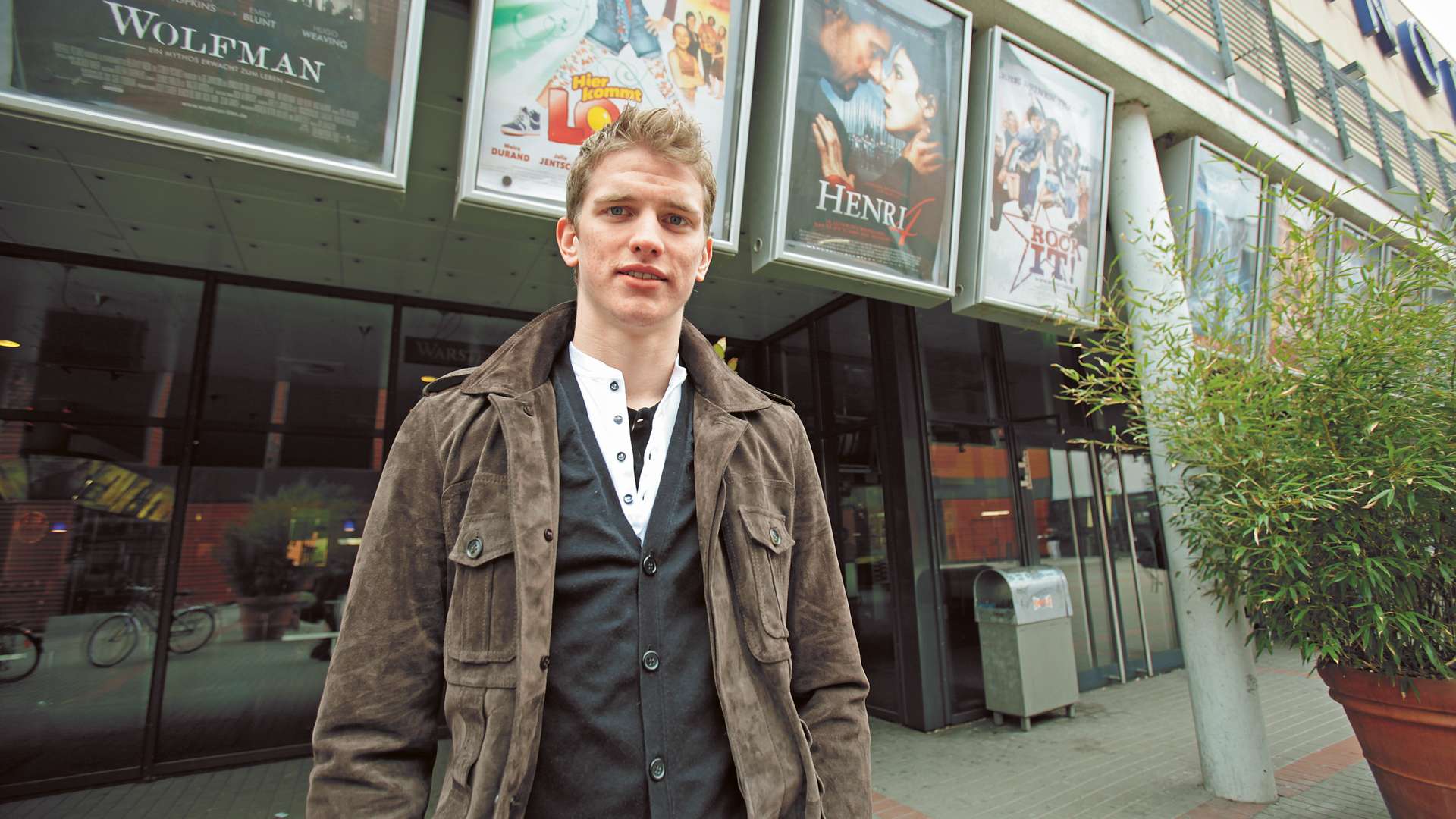
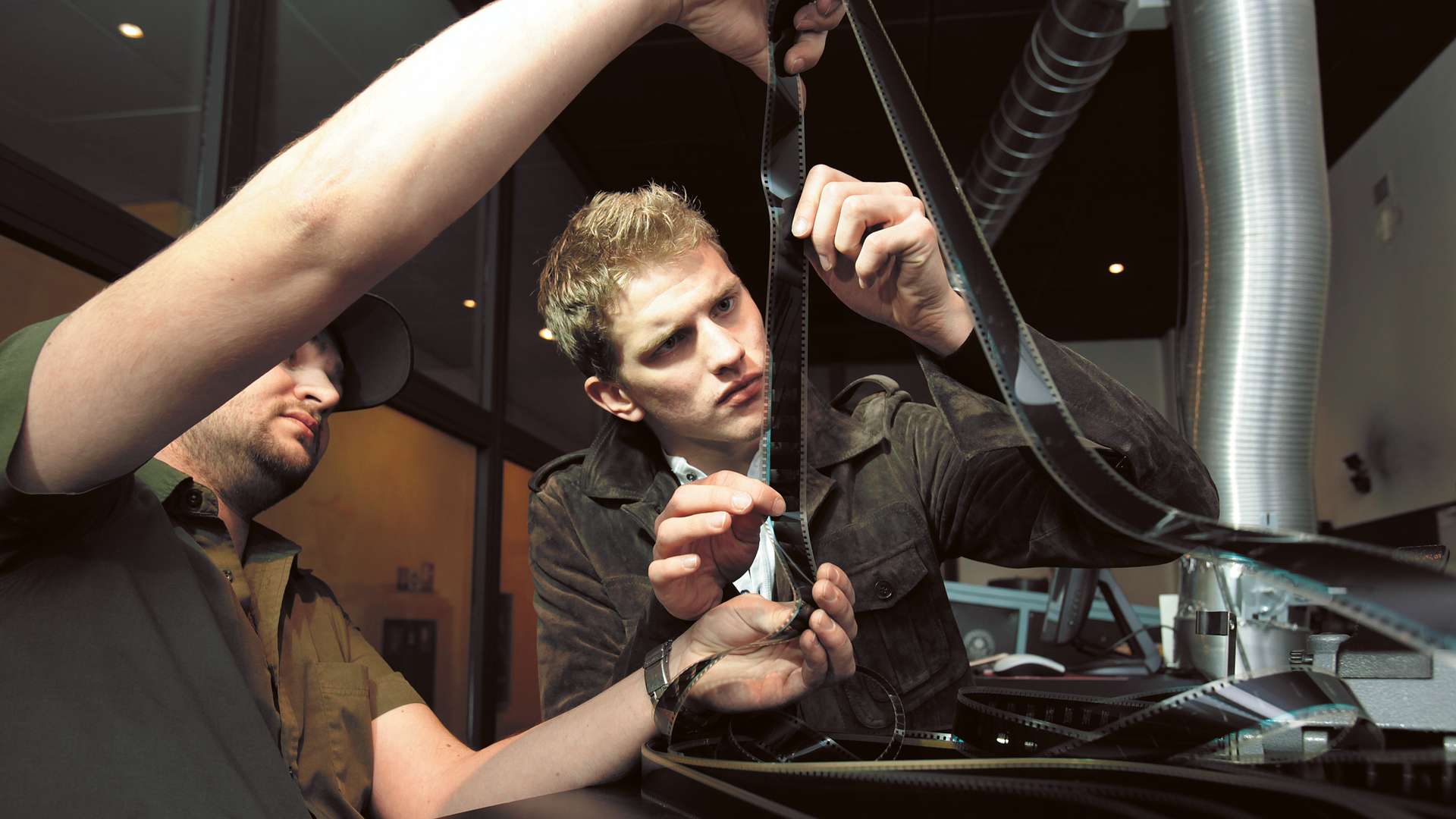
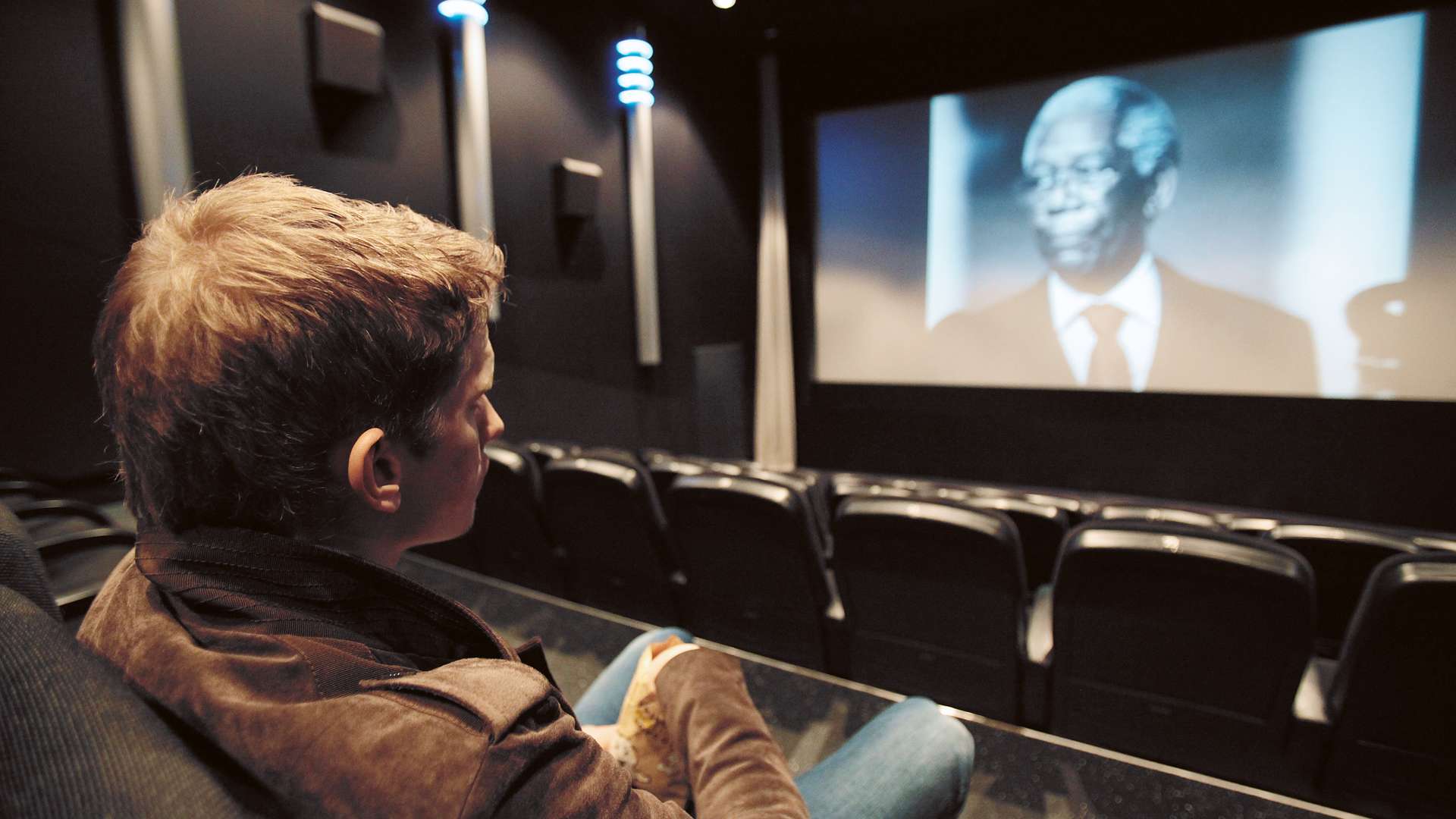
Here are just two examples of what makes Lars Bender tick as a human being. The way he was always the personification of reliability on the pitch, an absolute team player, somebody who always risked his neck for the success of the team, who never shirked a challenge, a grafter, a long-distance runner. He was also professional and committed off the pitch. That comprehensive sense of duty is part and parcel of his work ethic. It is a matter of course for him.
The 32-year-old, born in Rosenheim, was always “proud and grateful” when he wore the Werkself shirt. “I know that lots of fans have a marked local patriotism. That is expressed in our anthem: Between the Bayer Works and the Water Tower, by the Wupper, Dhünn and Rhine… I think it’s good, I’m also very home-loving.”
it all began in Brannenburg
Back then, when he signed for Leverkusen in August 2009 as a newly crowned U19 European champion from TSV 1860 Munich, it was inconceivable he would play all his 255 Bundesliga games for ‘just’ one club. Bender remembers his first training session at Leverkusen as if it was yesterday: “The team wasn’t there, I trained on my own with assistant coach Peter Hermann. Everything looked very big to me at this club. Bayer 04 was among the best the Bundesliga had to offer ten years ago. So, I approached it all with a certain awe.”
But the lad from Upper Bavaria came with a very decent portion of confidence. In Brannenburg, a small village near Rosenheim, Lars and his twelve-minute younger twin brother Sven started playing football. The pair moved to Unterhaching to join the U10s and later they moved to the U14s at 1860 Munich. The twins were inseparable – up to 2009, when Lars joined Leverkusen and Sven signed for Dortmund.
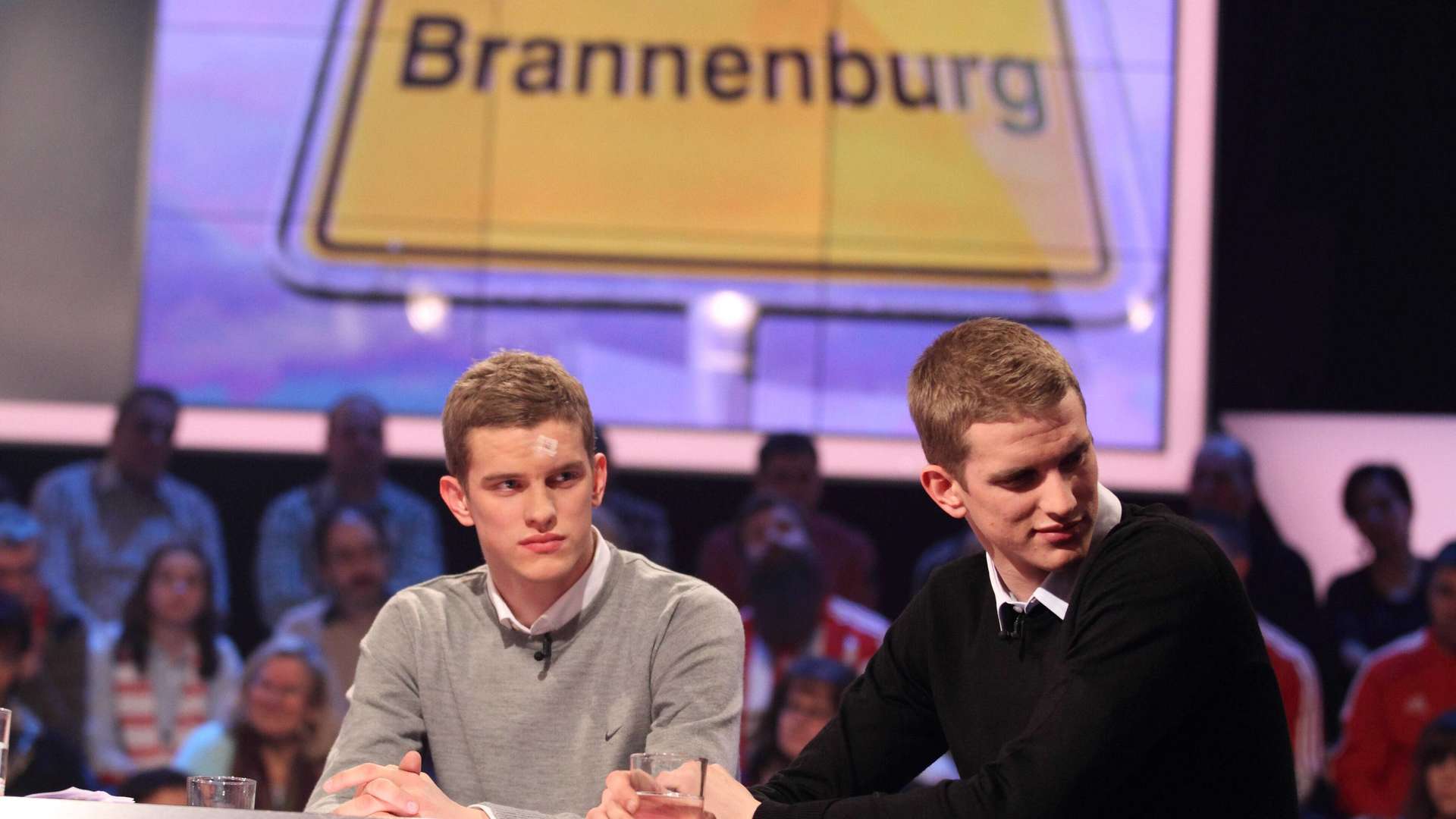
Settling in far from home fell relatively easily for the older one because he knew Daniel Schwaab, Richy Sukuta-Pasu, Stefan Reinartz and Toni Kroos as teammates in different Germany junior teams. But it was a big change in terms of football.
The team back then included established players like Sami Hyypiä, Simon Rolfes, Stefan Kießling and Manuel Friedrich. Plus young, aspiring talents like Kroos, Arturo Vidal and René Adler. “They were all big names,” said Bender, who felt everything went too quickly in training at the start. “I was someone who always gave one hundred per cent and could run for ever. But I sometimes thought in the first weeks: ‘Hey, you’re always on the move, you run and give your all. But you can’t get the ball, you’re never unmarked. How can that happen?’” Now, the new signing from the Lions learned really quickly to move more intelligently and move the ball quicker.
learned a lot from Jupp Heynckes
The fact he made 20 Bundesliga experiences in his first season was also due to a special coach. “I learned an incredible amount from Jupp Heynckes,” Bender said. “He was able to develop young players, he had lots of conversations with me, and always gave me honest and direct feedback. The criticism sometimes really hit home. But I really liked his style.”
Bender can no longer remember his first team debut for the Black and Reds. It was on 20 September in a 0-0 draw in a home game against Werder Bremen – he was brought on to replace Theofanis Gekas on 46 minutes. But he has not forgotten his first goal. The midfielder scored on 6 November in the same year – near the end and just three minutes after coming on – to make it 4-0 against Eintracht Frankfurt. A shot from a really tight angle. His first season for the Werkself ended with a fourth-place finish and qualification for the Europa League.
He was happy to have made it into the team. Happy about securing a regular berth, fulfilling expectations and having prospects. “They could have said: ‘Okay, not bad but perhaps we’ll loan the lad out to another club.’ Instead, they gave me the feeling: You belong here. I saw that as a big accolade.”
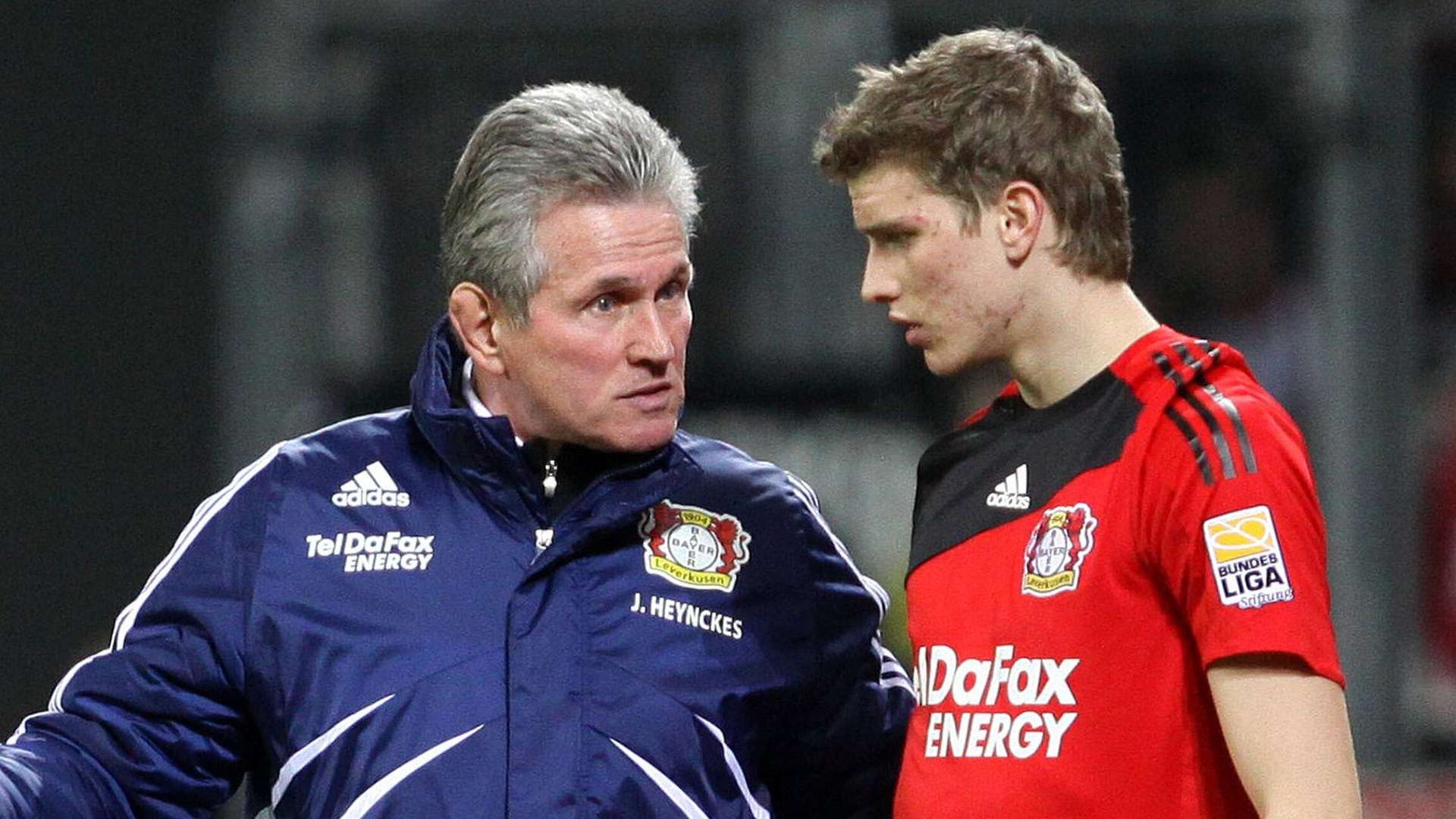
In his second season at Leverkusen, Lars Bender was already a first choice. The now 21-year-old made 40 appearances for the Werkself, was the enforcer in defensive midfield who could equally be uncompromising in challenges, as well as a tactically clever and accurate-passing instigator in playing a big part in a successful season. Bayer 04 were runners-up in 2011 and qualified for the Champions League again for the first time in a long while. “There were incredibly good lads in the team. There was a special spirit in the group, a great level of determination. Nobody thought we would be runners-up before the season started. It still hurts that we dropped out of the title race in the run-in with a 2-0 defeat at FC Köln. Who knows what could have happened.”
His impressive season brought the Leverkusen player to the attention of Germany coach Joachim Löw. Bender made his full international debut in a 2-2 draw with Poland in September 2011 and nine months later he was in the Germany Euro squad. After two brief appearances in the group matches against Portugal and Holland, his big moment came in the third match against Denmark. Lars produced a great performance in the unusual position of right-back and scored the winner for Germany at 2-1 with a move that he started and running the length of the pitch. Lars did not play in the quarter-final against Greece (4-2) and the semi-final against Italy (1-2).
Champions League Debut at Stamford Bridge
There was no lack of international highlights in the 2011/12 season with the club team. His first outing in the Champions League was such a magical moment. “Suddenly you’re standing in the place you dreamed of as a child and teenager and you hear the anthem,” Bender revelled in memories of the game at Stamford Bridge away to Chelsea. The first match ended in a 2-0 defeat, “but it was a sensational experience that no one can take away from me.”
It was better in the second leg. Manuel Friedrich headed the Werkself into the Round of 16 with his goal against the Premier League in added time where the next big opponent was waiting: At Barcelona there was a special lesson. “I know Messi scored five goals against a German club in one game but I’ve absolutely no idea anymore who it was against,” ‘admits’ Bender with a decent amount of self-deprecation.
Yes, he was on the pitch for the 7-1 defeat against Barca at the Camp Nou. And he was flabbergasted by Messi’s performance. “Everyone has days where everything falls into place. But when it happens to someone like Messi then it does look a bit different. You have to recognise that without envy.”
"other things count here"
No question, it was a bitter and, in its extent, a unique setback in Barcelona. More than such defeats, Bender had to cope with injuries that set him back again and again. But even these phases had their positives. As it showed Lars had chosen the right club in 2009. “There were two extremely difficult years with long injury lay-offs. But I was never challenged but rather felt the support of the whole club. Everybody looked out for me to come back fit and healthy. That’s the moment where you feel: Here it’s about more than football. Other things count here.”
Bayer 04 had long ago become the club of his heart. Somebody like Lars Bender needs such a close connection based on mutual appreciation to feel good and be able to produce complete performances. It’s not a given that you can rediscover your rhythm after injuries like that and keep returning to your old performance levels. That requires a load of self-discipline. “I think I’ve managed that very well over the years,” says Lars.
Both Lars and his brother Sven know that this boundless determination, the readiness to go into every challenge without thinking about your own body is their trump card. “We both believe we’ve only got so far because we are as we are,” says Lars. It’s typical that Sven once replied to the question of who his most difficult opponent is with: “Lars, because he’s just as crazy on the pitch as I am.”
Crazy, dogged, ambitious, true Bavarian stubbornness: When it’s about playing then there’s no joking for the Bender twins. The two of them can’t even play bog standard party games without it becoming stressful. “That’s why we leave it out now; we just can’t lose to each other,” says Lars and he has to smile. Otherwise the two of them are bosom buddies.
sometimes with bavarian grit
Lars knows himself that this type of excess motivation is not always beneficial. As a leader and captain he always wanted to accept responsibility. Sometimes he was too forceful, too impatient. “Also too naive, particularly in phases where I was injured and unable to help the team, when I wanted to get back on the pitch too quickly.”
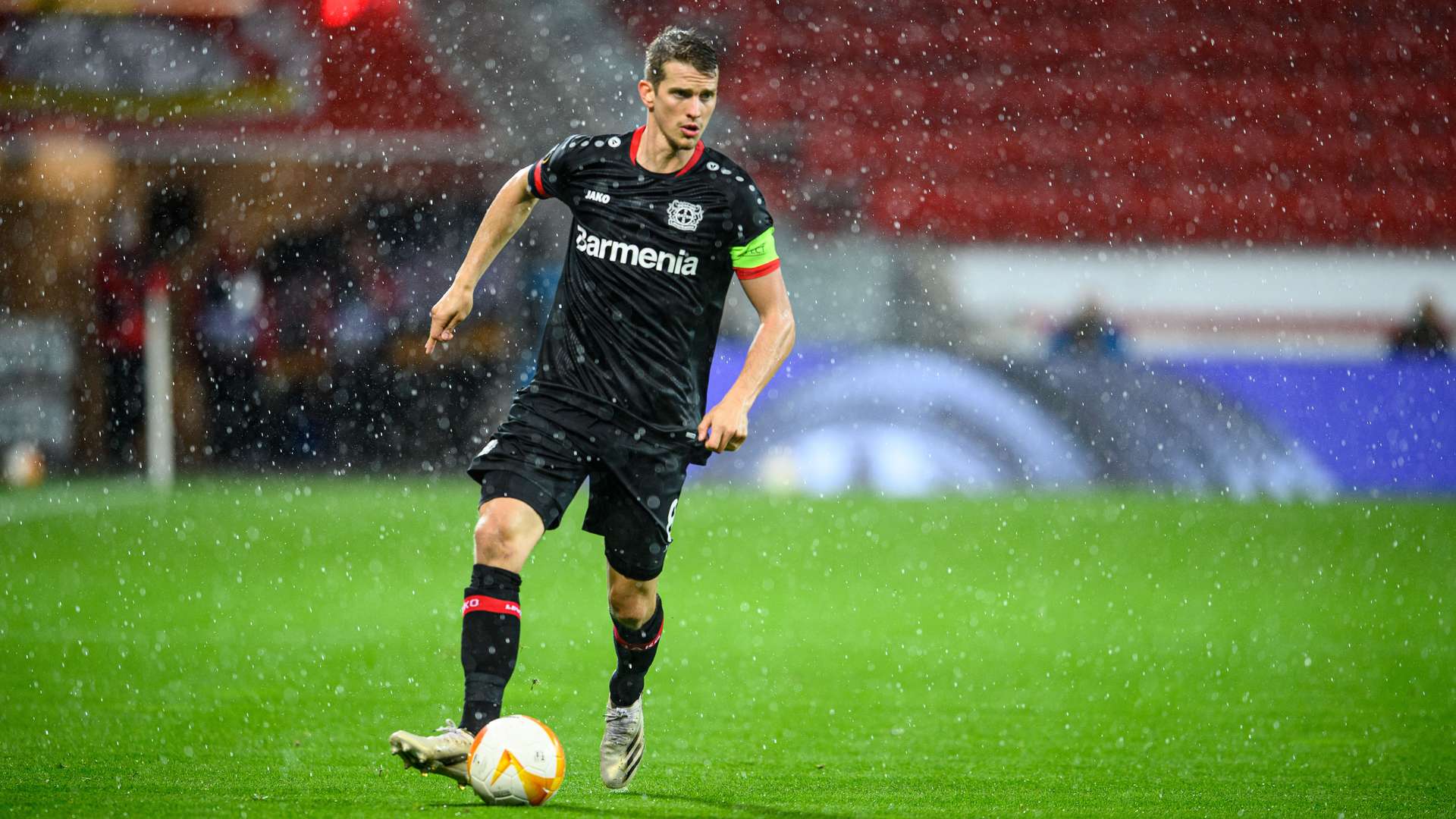
Lars Bender is held in high esteem by the whole team. The captain’s armband, which he wore for five years, and the associated responsibility made him even more mature. He can express himself well, again and again holds short but authentic speeches when players move on, he shows lots of empathy with the really young talents who had made it to the first team.
That does not mean that his typical Bavarian gritty determination does not come to the fore at times. He is an emotional person. When he’s on the way to a game on the team bus, he mostly listens to music by Metallica on his headphones to get his blood flowing. That’s how he builds excitement. “And then you give your all on the pitch to win the game.” If that doesn’t work, he sometimes blows his top. “Sometimes you just need a bit more time to wind down. But then you are interviewed immediately after the game and say things you would have put differently a short time later.”
Then the curmudgeon comes through. Again and again ‘guys’ are asked for who don’t just reel off their cliched responses. “How does that all fit together?,” Bender asks. He has never play-acted. “There are also disputes within the team from time to time. You should take things with a pinch of salt. But it’s always important for me to settle matters and clear everything up.”
With all the dedication to his sport: Lars Bender is sceptical of many of the additional aspects of football such as media hype and the associated feeling of permanently being in the spotlight or the self-promoting strategies of players via social media. “Everything is connected. Football and footballers are omnipresent. Everybody has their communities, and are constantly posting photos and videos. Our private space used to be more important to us.”
analogue rather than digital
At the same time, it’s not the case he hasn’t tried it out. For a while, he and Sven had their own account on Instagram and Facebook. Because people kept badgering them: “Hey, that’s part of it these days, just try it out.” So they tried. busily posting and sharing likes. But they didn’t like it.
Why not? “We’re not the sort of people to get into the spotlight. We don’t want to make up an image of ourselves, we are who we are,” Bender explains. “That doesn’t feel right to us. We’re just not suited to this medium. But it’s fine if other people want to use it. For young players it’s now almost compulsory to be present on social media channels. You can reach an incredible number of people that way or, as they put it, generate reach. But to be honest: I wouldn’t want to swap places with the youngsters.”
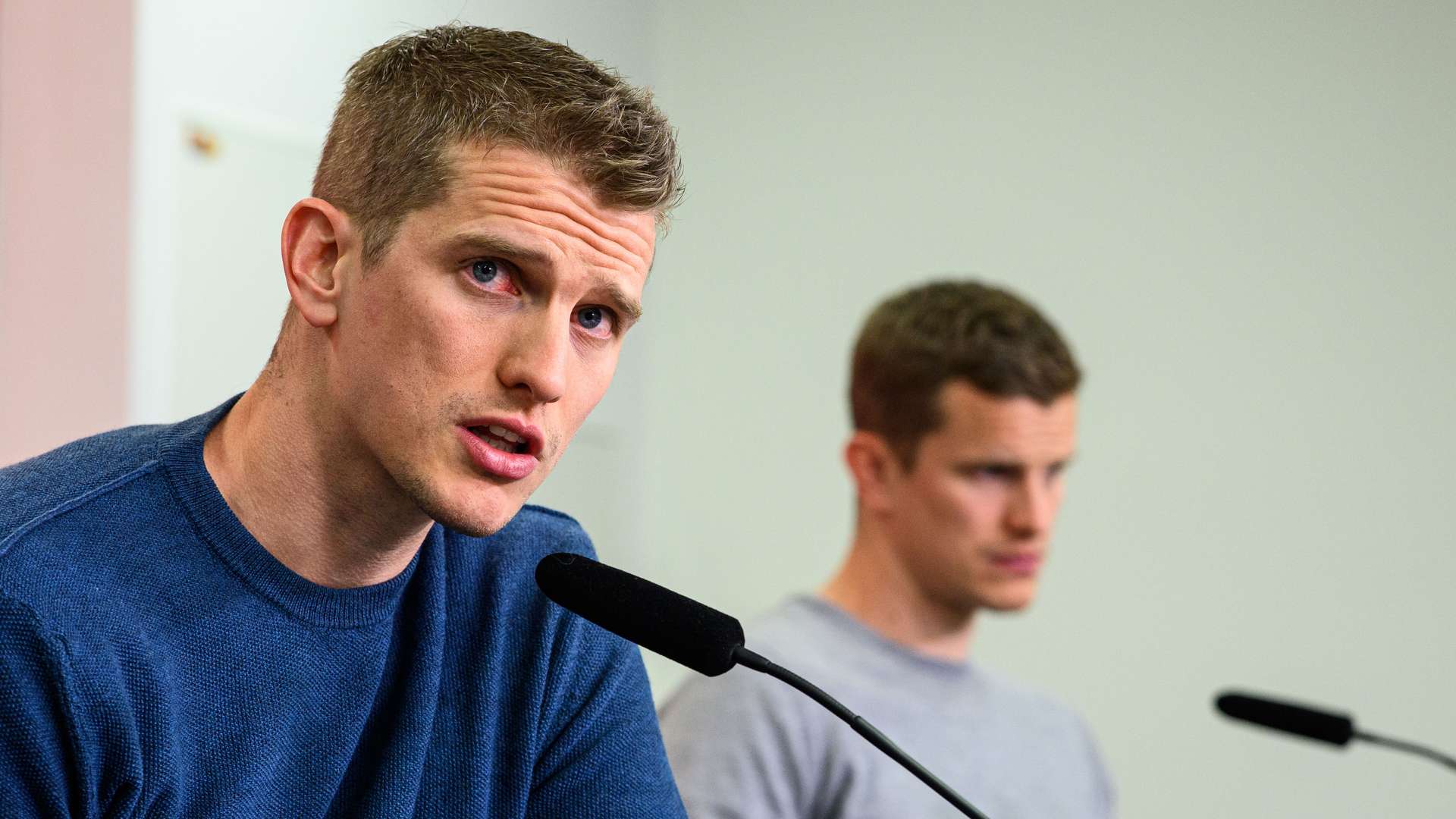

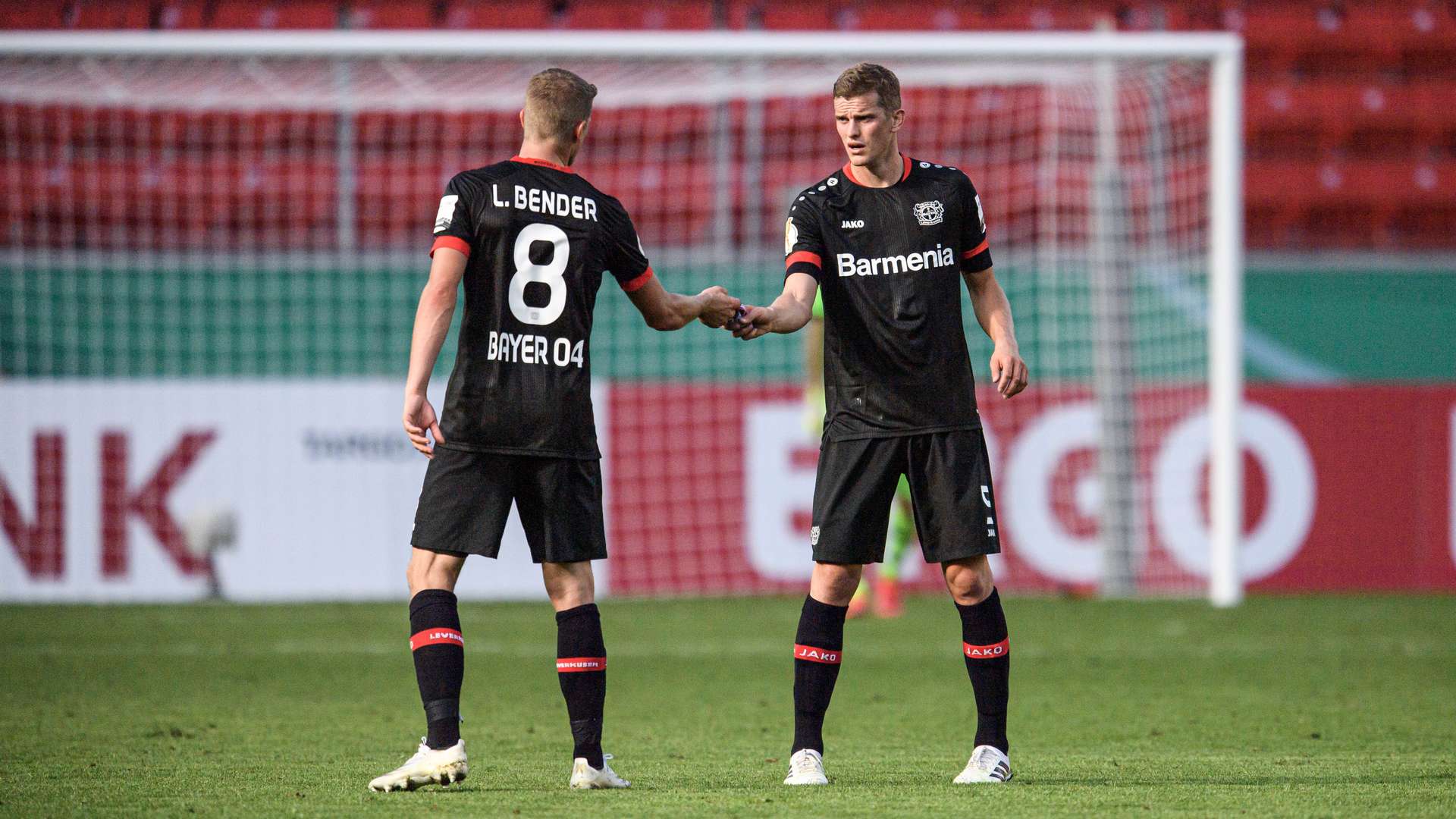
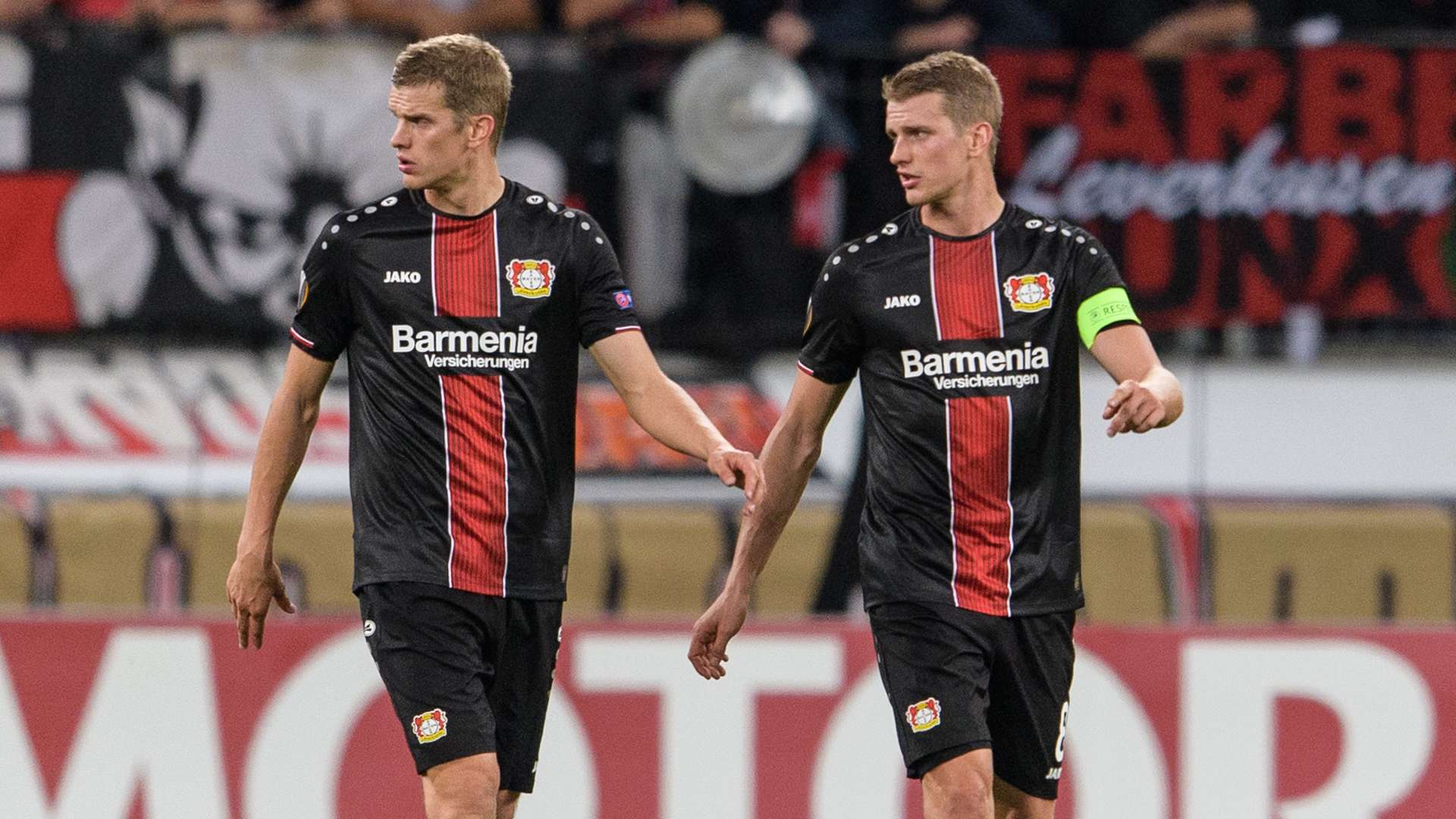
He prefers direct, analogue contact with people. PR activities for his club and the relationship with their own fans were and are extremely important to him. “I want to give something back. The club, its history and the people here mean a lot to me. There are so many fans who have watched Bayer since they were kids. It’s not too much to keep in contact and look to communicate. In the end, we all want the same thing: The most success possible. Everybody is working on that target from different positions and has their own angle. It can’t hurt when you hear that to keep sight of the whole club.”
After twelve years, Lars Bender not only has sight of the club. He has long felt an inner connection and being deeply rooted. He could never imagine playing for another club in the Bundesliga. “I’ve probably hardly ever experienced a player in all the years at Leverkusen who has identified so much with Bayer 04 as he has,” says sporting managing director Rudi Völler about Lars Bender.
a difficult but logical step
It is possible to imagine how difficult it was for him and Sven in December of last year to announce their retirement in the summer of 2021 after nearly 15 years as professional footballers. “After a lot of thinking about it and countless scenarios regarding our future, we finally came to the decision that we do not wish to continue the journey with Bayer 04,” the twins revealed in a joint statement. It’s a decision for reasons of health and the family. “Anybody who knows us will know we give 100 per cent every day. That was always our basic approach to training and games. Unfortunately, it’s becoming increasingly difficult to continue to perform given all the pain and physical problems we are suffering from more and more.”
While Sven was able to return to the team in Bremen after recovering from ankle problems, the final run-in this term is a race against time for Lars. The last time he played was against Wolfsburg on 23 January. Then he was sidelined by a knee operation. Thus ends an extraordinary career. Without a big send-off, without an emotional farewell in front of 30,000 moved fans at the BayArena.
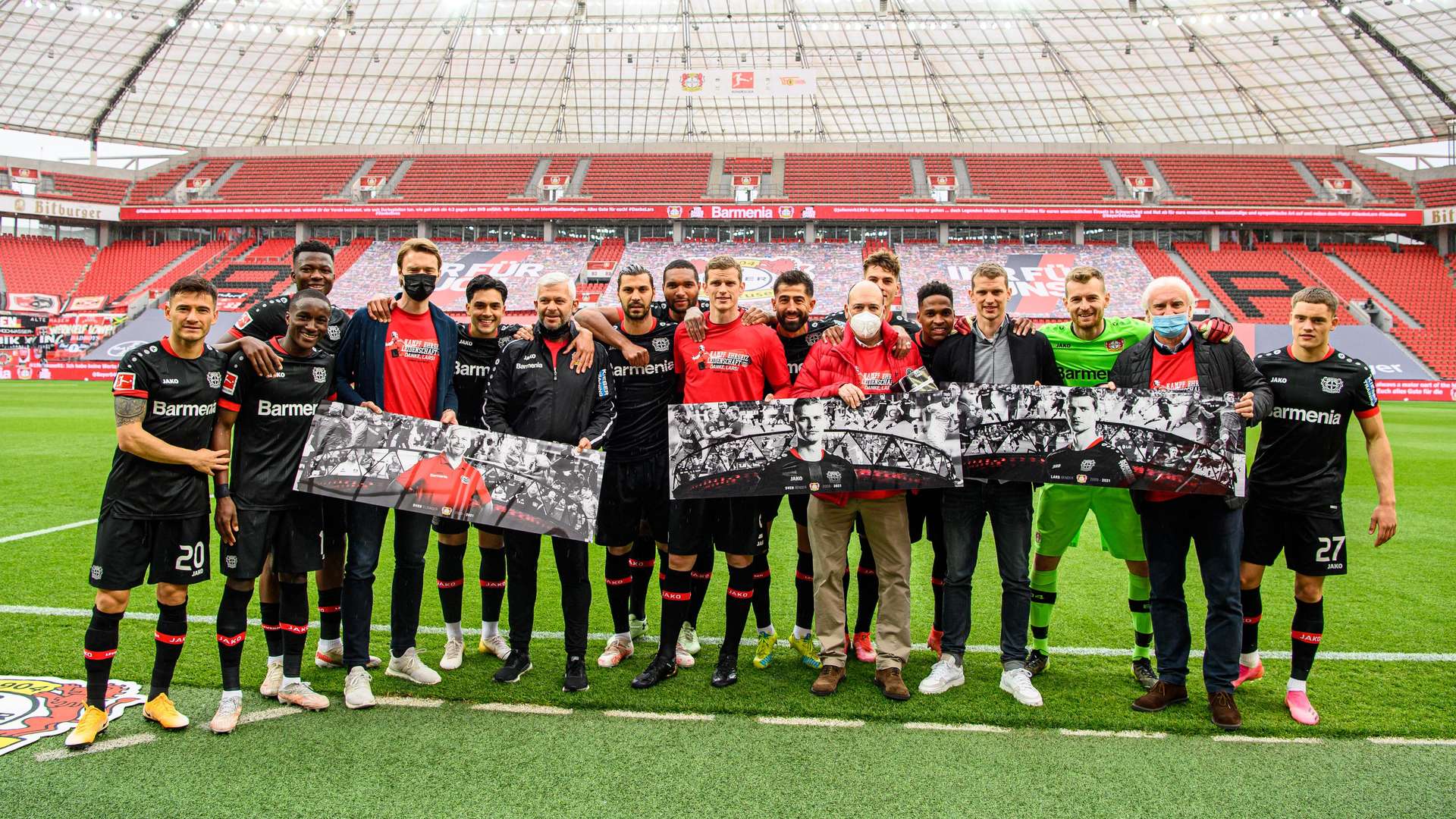
The two brothers have been able to deal with it and they have found the right words as so often before. “The decision to end our playing careers should not depend on the type of departure,” said Sven at the last Benders press conference. “For us, the connection to the fans at the stadium in every game was and is of great importance. At the end of the day, we’ve performed in every game for 15 years and said farewell after every game. All the shared experiences will stay with us forever.”
Profile:
Date and place of birth:
27 April 1989 in Rosenheim
Clubs:
TSV Brannenburg, SpVgg Unterhaching, TSV 1860 Munich, Bayer 04
Bundesliga appearances:
255
Bundesliga goals:
21
Honours:
19 caps for Germany (4 goals), U19 European champion 2009, silver medal winner at the 2016 Olympic Games in Rio de Janeiro, Bundesliga runner-up 2011, DFB Cup runner-up 2020, six qualifications for the Champions League
